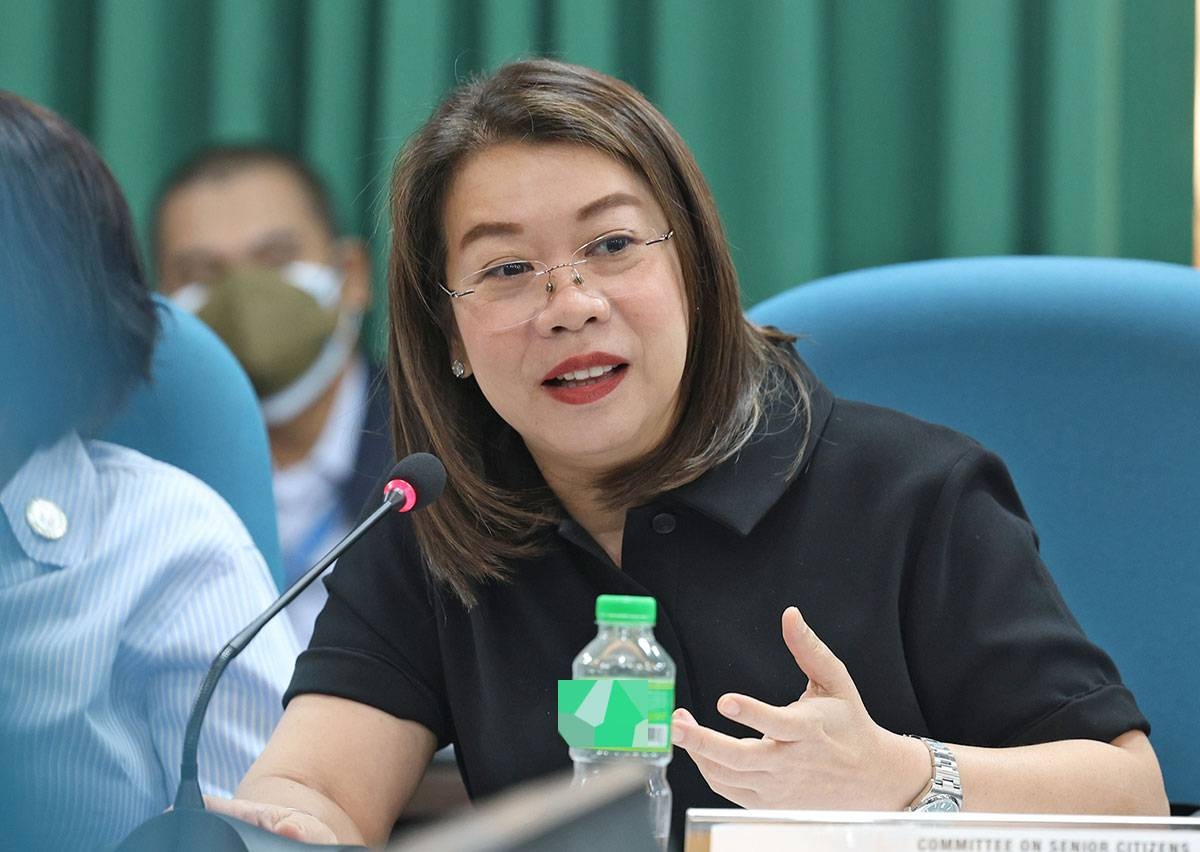The Consolidation of Bills on Banning Candidate Substitution
The House Committee on Suffrage and Electoral Reforms made a significant decision on Tuesday regarding the consolidation of bills aimed at banning the substitution of candidates after the last day of filing of certificates of candidacy (COCs). This move comes as part of efforts to address concerns and improve the electoral process.
In a meeting, the panel thoroughly deliberated on the bills and unanimously approved the drafting of a substitute bill, which will undergo further refinement and amendments to ensure its effectiveness and alignment with existing laws. The consolidation of these bills is a crucial step towards enhancing the integrity and transparency of the electoral system.
Proposed Amendments to the Omnibus Election Code
The bills seeking to amend Batas Pambansa 881, also known as the Omnibus Election Code, include House Bill (HB) 8794, which was filed in August 2023 by Quezon City 6th District Representative Ma. Victoria Co-Pilar. These proposed amendments aim to address certain loopholes and strengthen the electoral process.
During the meeting, Representative Co-Pilar emphasized that under the proposed legislation, the withdrawal of a candidate from their candidacy would no longer be considered a valid ground for substitution. This provision aims to prevent last-minute changes that may undermine the fairness and credibility of the electoral process.
Furthermore, Representative Co-Pilar also proposed that permanent incapacity should be recognized as grounds for substitution. This addition ensures that political parties have a recourse in the event of unforeseen circumstances that render a candidate unable to fulfill their duties. By allowing substitution in cases of permanent incapacity, the proposed legislation strikes a balance between the need for stability in the electoral process and the recognition of genuine and unavoidable setbacks.
Contextualizing the Importance of Banning Candidate Substitution
The decision to consolidate the bills and ban candidate substitution after the last day of filing COCs holds significant importance in ensuring the fairness and credibility of elections. By disallowing last-minute substitutions, the proposed legislation aims to promote transparency and prevent any potential manipulation of the electoral process.
In many countries, including our international audience, the issue of candidate substitution has been a matter of concern. The ability to substitute candidates after the filing deadline can lead to strategic maneuvering and undermine the voters’ trust in the electoral system. By addressing this issue, the House Committee on Suffrage and Electoral Reforms is taking a proactive step towards strengthening democracy and ensuring a level playing field for all candidates.
It is worth noting that the proposed legislation aligns with the principles and values upheld by various international electoral systems. Many countries have implemented similar regulations to prevent last-minute changes that may compromise the integrity of the electoral process. By adopting these measures, the Philippines is demonstrating its commitment to upholding democratic values and international best practices.
Conclusion
The consolidation of bills and the decision to ban candidate substitution after the last day of filing COCs mark a significant milestone in the ongoing efforts to enhance the electoral process in the Philippines. The proposed legislation, spearheaded by Representative Ma. Victoria Co-Pilar, aims to address concerns and strengthen the integrity of the electoral system.
By disallowing last-minute substitutions and recognizing permanent incapacity as grounds for substitution, the proposed legislation strikes a balance between stability and flexibility. It promotes transparency, prevents potential manipulation, and ensures a level playing field for all candidates.
Furthermore, the decision to consolidate these bills and align them with international best practices showcases the Philippines’ commitment to upholding democratic values. It sends a strong message that the country is dedicated to improving its electoral system and fostering a fair and credible democratic process.
Source: The Manila Times








